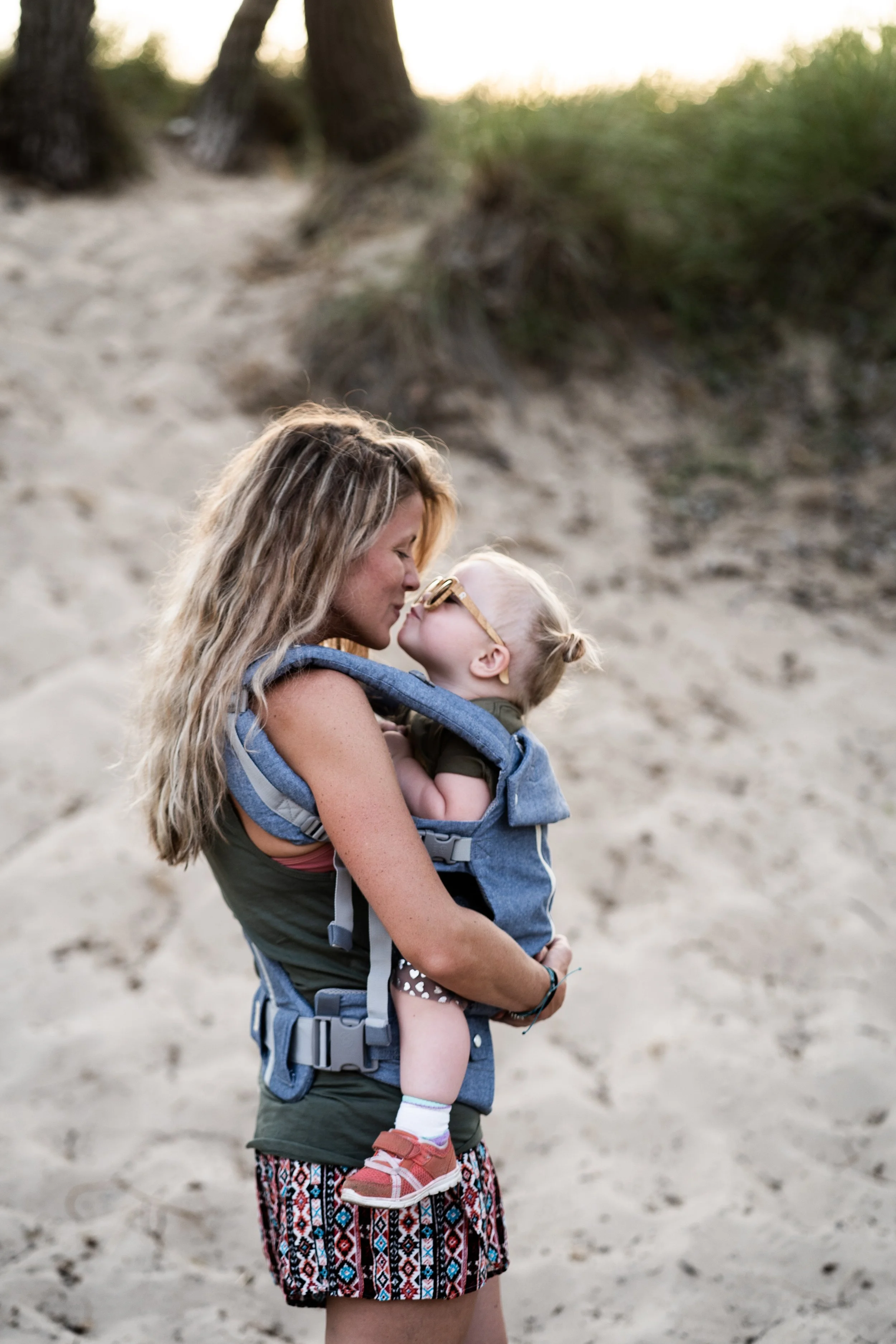Exploring the Similarities and Contrasts: Gentle Parenting vs. Conscious Parenting
As parents, we are constantly seeking the best approaches to raise our children with love, empathy, and respect. Two popular parenting styles that often draw attention and curiosity are gentle parenting and conscious parenting. While they may seem similar on the surface, there are important distinctions between the two. In this blog post, we will delve into the similarities and contrasts of gentle parenting and conscious parenting, shedding light on their unique aspects.
Point 1: Core Values and Principles
Both gentle parenting and conscious parenting share a foundation built on respect, empathy, and understanding. They prioritize creating nurturing environments where children's emotional and physical needs are met. Both parenting styles emphasize the importance of open communication, positive discipline techniques, and fostering strong parent-child bonds based on trust and mutual respect.
However, gentle parenting specifically focuses on nurturing parent-child relationships and using gentle discipline techniques to guide children's behavior. On the other hand, conscious parenting places a greater emphasis on self-awareness, personal growth, and mindfulness for both parents and children, fostering an environment of emotional intelligence and autonomy.
Point 2: Approach to Discipline
In terms of discipline, both gentle parenting and conscious parenting share a common goal of teaching children appropriate behavior and promoting emotional regulation. They believe in avoiding harsh punishment and instead emphasize positive discipline techniques.
Gentle parenting utilizes methods such as redirection, natural consequences, and positive reinforcement to guide children's behavior. It aims to teach children valuable life skills while maintaining a strong parent-child connection.
Conscious parenting takes a similar approach by viewing discipline as an opportunity for teaching and growth. It emphasizes teaching moments, natural consequences, and involving children in decision-making processes. Conscious parents guide their children through discussions, helping them understand the consequences of their actions and make conscious choices.
Point 3: Parent-Child Connection and Communication
Both gentle parenting and conscious parenting place a high value on building strong parent-child connections and promoting open communication.
Gentle parenting emphasizes creating a nurturing and supportive environment where children feel safe expressing their emotions. It prioritizes active listening, empathy, and unconditional love. Gentle parents strive to be responsive to their children's needs and maintain open lines of communication.
Conscious parenting also values fostering deep connections with children. It promotes being fully present in interactions, engaging in open and honest communication, and involving children in decision-making processes. Conscious parents prioritize mutual respect, active listening, and encouraging self-expression.
Conclusion:
While gentle parenting and conscious parenting share similarities in their core values of respect, empathy, and nurturing environments, they also have distinct differences. Gentle parenting focuses on nurturing parent-child relationships and using gentle discipline techniques. Conscious parenting, on the other hand, emphasizes self-awareness, personal growth, and mindfulness for both parents and children.
Ultimately, the decision between gentle parenting and conscious parenting depends on personal preferences and aligning with your parenting style and values. It's important to consider the unique needs of your child and family dynamics. By understanding the similarities and contrasts between these parenting styles, you can make an informed choice that fosters a loving and supportive environment for your child's growth and development.







